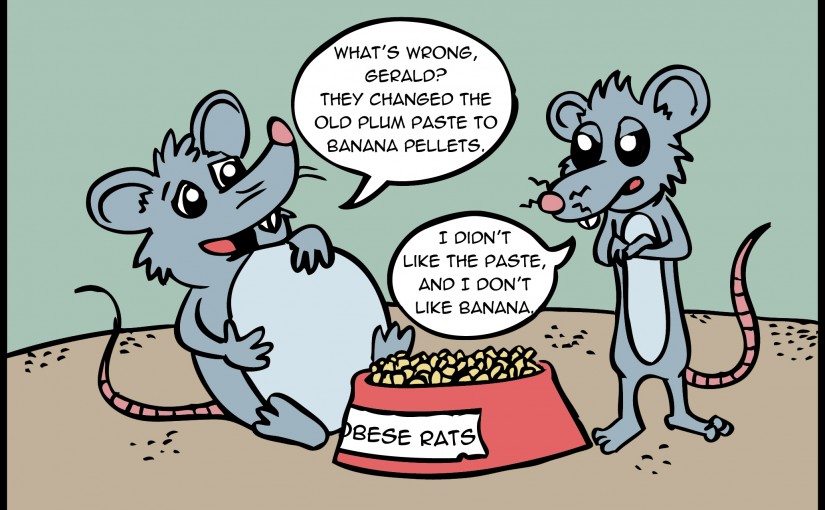If you are doing a research project that isn’t working, then change one thing at a time.
When you see the complete absence of usable data, it will be very tempting not to follow this advice because the assumption is that something has gone drastically wrong. However, this is not necessarily the case. Very often a single problem is sufficient to throw a procedure way off track. Thus, if you change more than one thing, you may well be correcting the error, but introducing another one.
Get Practical Tips
- Once you have got the procedure working, repeat it several times on different days before you move on. Then, if you ever have to come back to it, you will remember how to do it well.
- If the data are acceptable but not great, then don’t accept mediocrity. Think about how you could make the procedure better.
- Sometimes it will become clear a procedure has failed before completion. In some cases, where the workload and cost of completing it are not high, it can be worth finishing and analysing it. You can learn a lot from the outcome of failed work, and it may help you to identify future mistakes.
- Don’t compensate for not understanding the procedure by doing it more times. If you don’t know why it isn’t working, find out by researching the procedure. Otherwise you will just have lots of failures.
Get Wet Lab Tips
- The fastest way to correct error is to change one parameter to several different values at once. Then if none of the values for that parameter yield good results, it is likely (assuming you picked a good range of values) that the test parameter was not the problem.
- Check to see that none of your reagents have expired. This accounts for many failed experiments. If reagents are cheap make up a new batch before repeating failed experiments.
Read Personal Perpective
Whenever one of my experiments failed, and admittedly this was not an infrequent occurrence, I always felt rushed to do it again and present something useful to my supervisor as quickly as possible.
This was a huge mistake. It wasn’t until I was doing my first year report that I properly researched the problems with the experiment. After this, things went a lot more smoothly, but if I’d just done the research after the first experiment, I could have saved myself a lot of time.
The problem is not always immediately obvious, requiring more than a token alteration. Although it might feel like you’re wasting time, the opposite is true.
Have you ever failed to follow this guideline? Do you have additional practical tips? Share your experiences or feelings in the comments below, or just give it a thumbs up.
